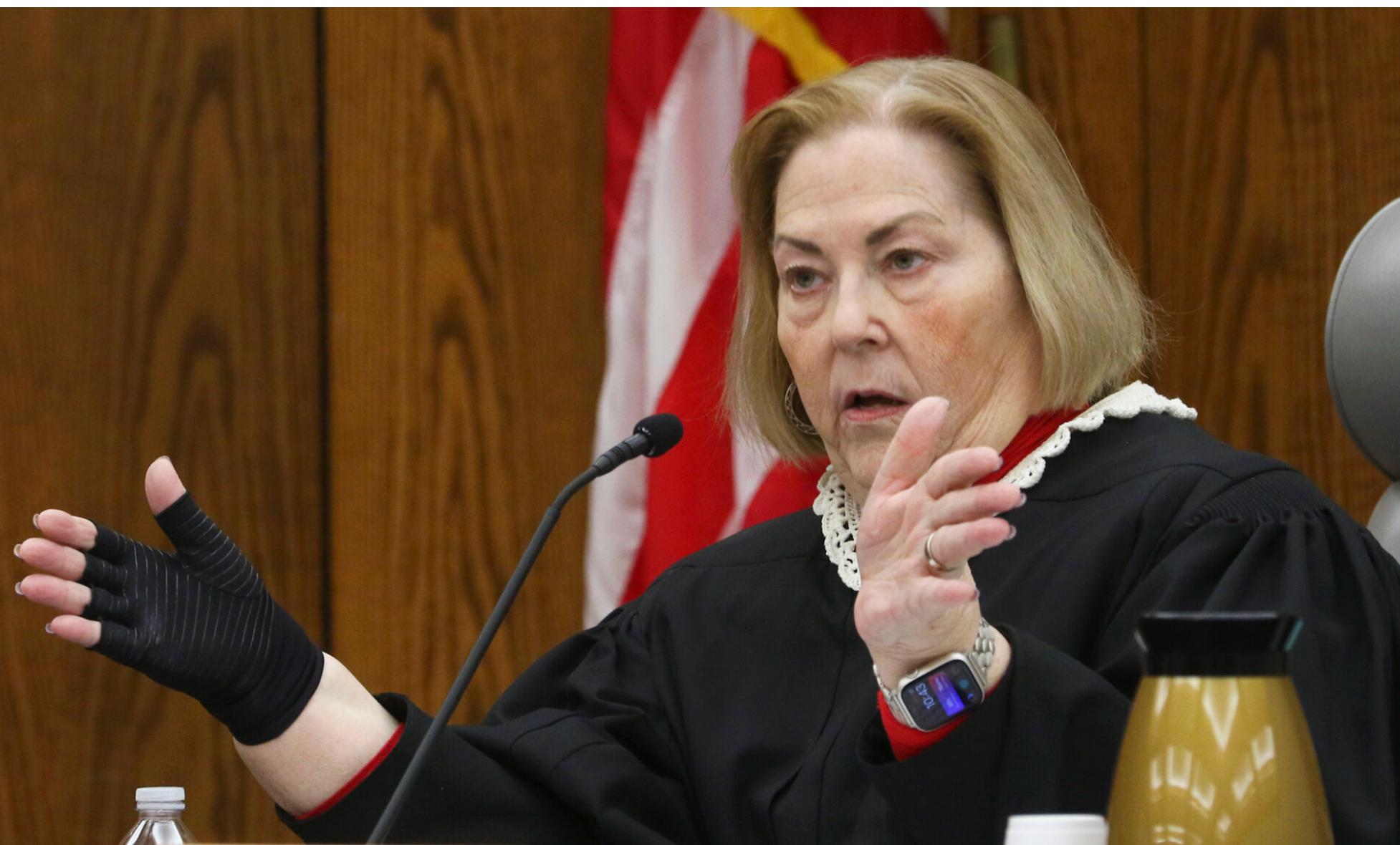
BY: SHERMAN SMITH
Kansas Reflecto
TOPEKA — A three-judge appeals court panel on Friday cleared the way for Kansans to resume changing their gender markers on driver’s licenses, rejecting arguments made by Attorney General Kris Kobach and overturning a lower court ruling.
The Kansas Court of Appeals panel ordered the case return to the district court level to be heard by someone other than Shawnee County District Judge Teresa Watson, who abused her discretion and committed legal and factual errors, according to the Friday ruling.
Judges Karen Arnold-Burger, Stephen Hill and Sarah Warner determined the state would suffer no harm by allowing transgender residents to be identified by their “gender,” which is a personal identity or expression, rather than their “sex,” which relates to reproductive systems. Kobach’s office had argued that the two terms are interchangeable.
The Legislature passed a law in 2023 that requires vital statistics to recognize a person’s biological sex at birth. Kobach sued the Kansas Department of Revenue for continuing to allow transgender residents to change the gender markers on their driver’s license, as the office had done since at least 2007.
From 2011 to 2022, KDOR issued 9,316,937 driver’s licenses. During that period, 380 drivers changed their gender marker.
Watson in 2023 issued a temporary injunction to block changes in gender markers on driver’s licenses. The appeals court, which heard arguments in January, removed that injunction and replaced it with an order to allow changes.
Watson, the higher court said, had committed a legal error by concluding, without any support, that Kobach’s mere allegation that KDOR was violating state law had established irreparable harm. Additionally, the higher court faulted Watson’s conclusion that changing a gender marker could hinder law enforcement officers.
“The problem with the district court’s finding is that the AG presented no evidence to support this claimed injury beyond unsubstantiated speculation,” Arnold-Burger wrote on behalf of the appeals court panel.
In fact, she wrote, “the evidence was overwhelming that there was no harm.”
At the district court level, Shawnee County Sheriff Brian Hill testified that one time, he didn’t say when, he arrested a transgender woman who told him that she was a man. One of the problems with that example, Arnold-Burger wrote, is that he relied on the individual’s “outward appearance,” not their driver’s license. And, she wrote, the same mistake could be made for any cisgender woman who appears less feminine and more masculine than the average woman.
Additionally, the sheriff’s gender confusion didn’t prevent the arrest or immediate discovery of the person’s identity. And, Hill acknowledged that law enforcement officers can’t always rely on a driver’s license anyway because people change their names.
“The district court committed an error of fact by concluding that there was evidence — any evidence beyond mere speculation — to support a finding that law enforcement would be immediately hindered in the identification of suspects, victims, wanted persons, missing persons, detainees, and others if the driver’s license did not display the driver’s sex assigned at birth,” Arnold-Burger wrote.
The appeals court ruling also noted that the Kansas Supreme Court has recognized a distinction between “sex” and “gender” since at least 2002. And it determined that Kobach was unlikely to prevail in the case.
The appeals court panel ordered the case return to the district court level for a hearing before a new judge.
“Because of the district court’s abuse of discretion, the KDOR has been unable to issue reclassifications of gender designations on Kansas driver’s licenses for two years while this litigation languished,” Arnold-Burger wrote.






